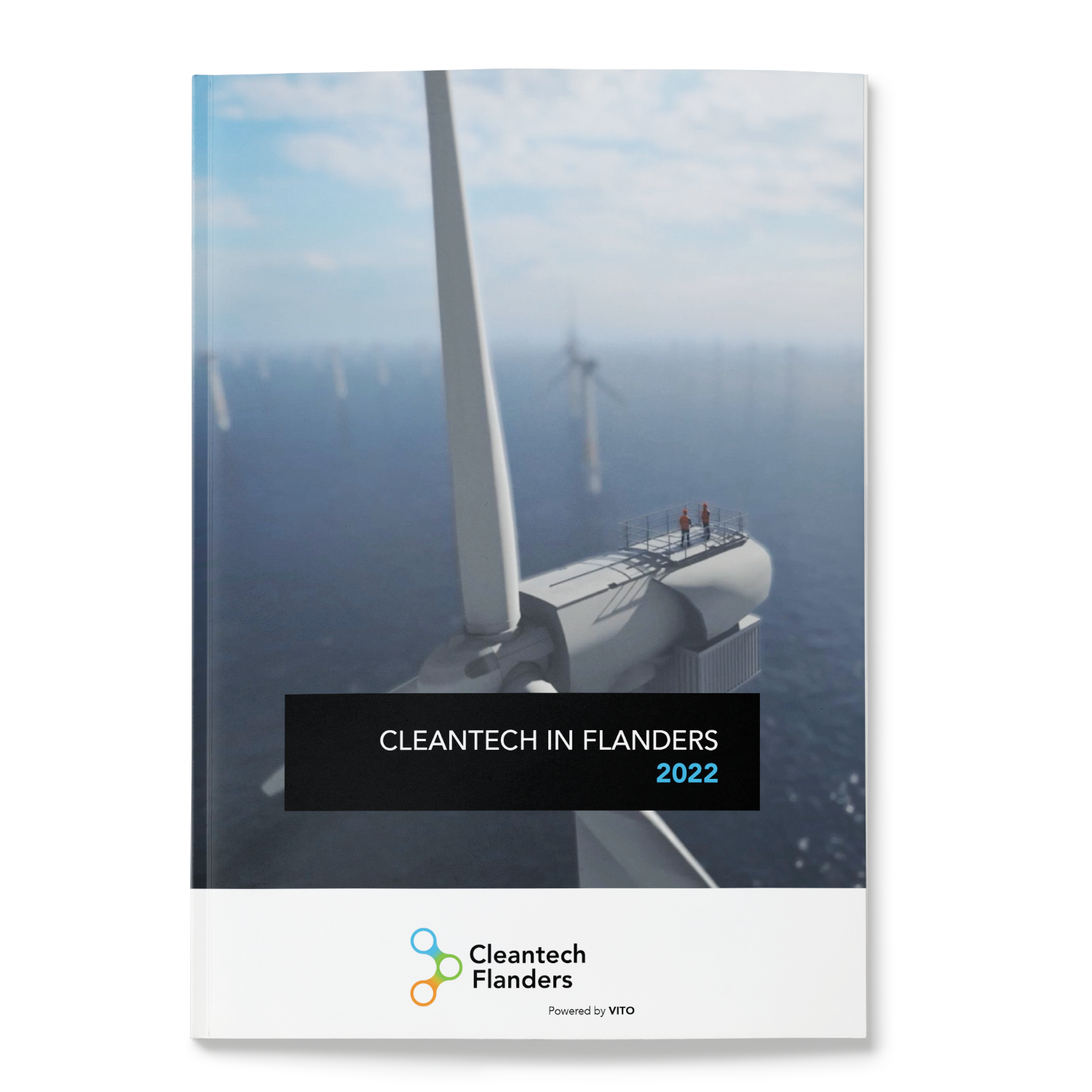Cleantech Report 2023
The report proves that cleantech is gaining importance in Flanders. In the period 2012-2021, the number of cleantech actors in Flanders increased by more than 35%. With 582 start-ups (31% of all cleantech companies), the future of cleantech in Flanders is promising. In addition, 275 companies or organisations (15% of all cleantech in Flanders) have already progressed to the scale-up phase. In 2021, cleantech in Flanders accounted for more than 40,000 FTEs (the equivalent of full-time jobs), a growth of 22% over ten years.


